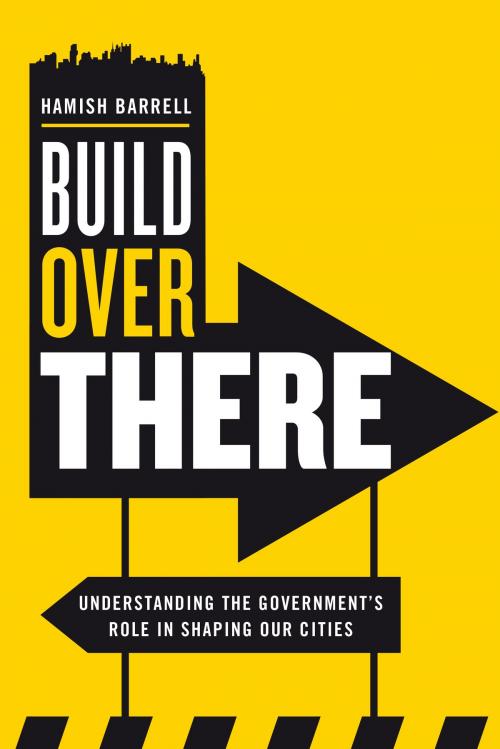Build Over There
understanding the Government's role in shaping our cities
Business & Finance, Industries & Professions| Author: | Hamish Barrell | ISBN: | 9781911593027 |
| Publisher: | Arena Books | Publication: | January 19, 2017 |
| Imprint: | Arena Books | Language: | English |
| Author: | Hamish Barrell |
| ISBN: | 9781911593027 |
| Publisher: | Arena Books |
| Publication: | January 19, 2017 |
| Imprint: | Arena Books |
| Language: | English |
In an age of virtual communication, globalisation and technological advance, does the issue of where we build, or not build, really matter?
Described as a code that is to the city what an operating system is to the computer, the evolution of the planning system is a story that can be traced from antiquity, through the industrial revolution to the present day crisis in the welfare state.
It has implications for the economy, human rights, land values, sustainability, social cohesion, disasters and even military campaigns. Its shortcomings, tensions and contradictions play out in both strange and familiar issues; from the wasted space embodied in costly new skyscraper proposals to the eviction of residents, ownership of public assets, lack of affordable housing and highway congestion.
In arguing that where we build does matter, the author examines whether the town planning system is still working for the good of the country or if it needs a re-boot. Given that there are similar urban issues experienced the world over, it's necessary to search out the reasons for why is it so difficult to get agreement on how to go about addressing them.
In an age of virtual communication, globalisation and technological advance, does the issue of where we build, or not build, really matter?
Described as a code that is to the city what an operating system is to the computer, the evolution of the planning system is a story that can be traced from antiquity, through the industrial revolution to the present day crisis in the welfare state.
It has implications for the economy, human rights, land values, sustainability, social cohesion, disasters and even military campaigns. Its shortcomings, tensions and contradictions play out in both strange and familiar issues; from the wasted space embodied in costly new skyscraper proposals to the eviction of residents, ownership of public assets, lack of affordable housing and highway congestion.
In arguing that where we build does matter, the author examines whether the town planning system is still working for the good of the country or if it needs a re-boot. Given that there are similar urban issues experienced the world over, it's necessary to search out the reasons for why is it so difficult to get agreement on how to go about addressing them.















